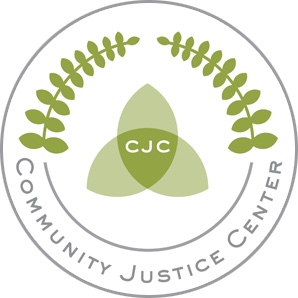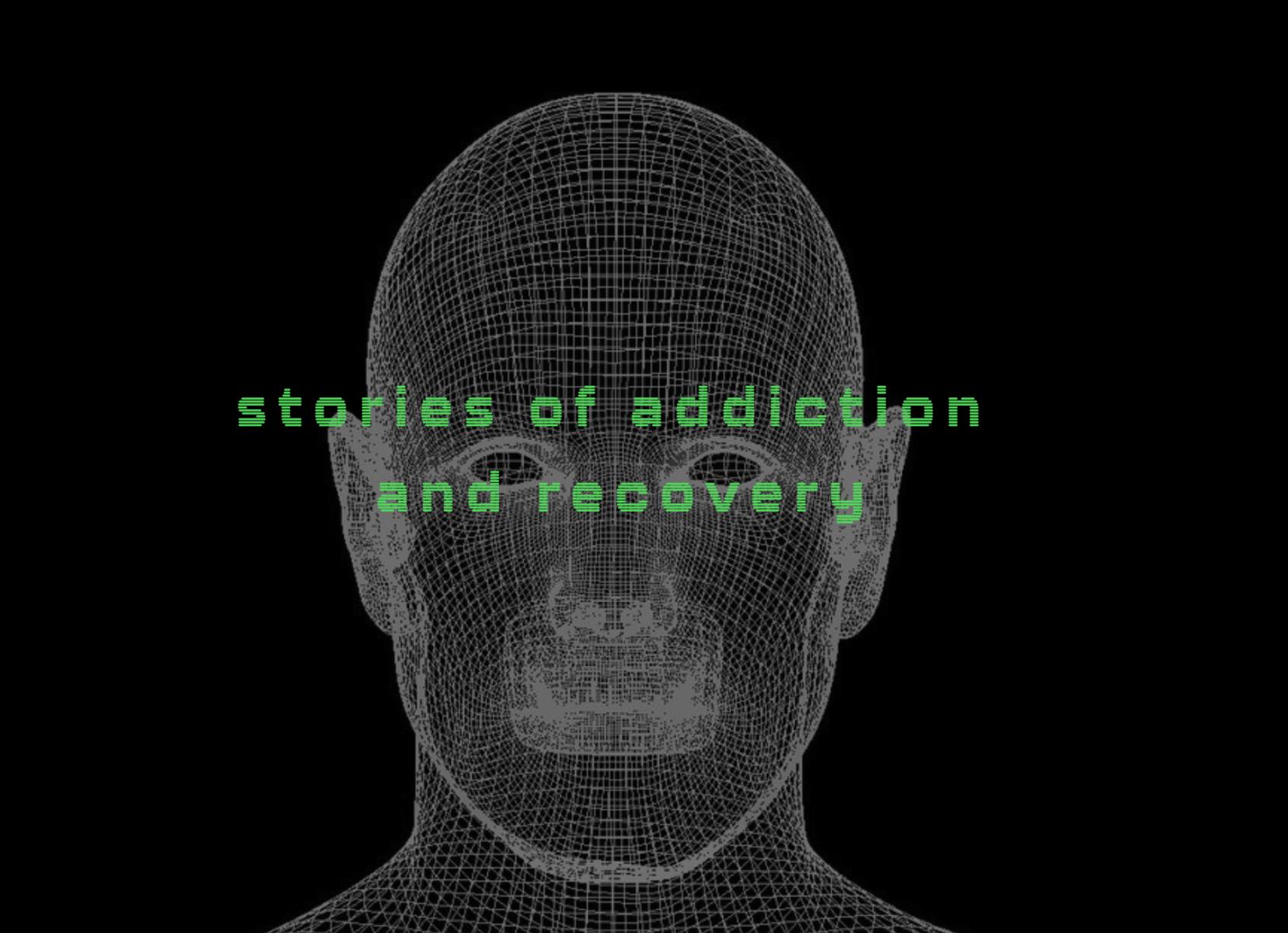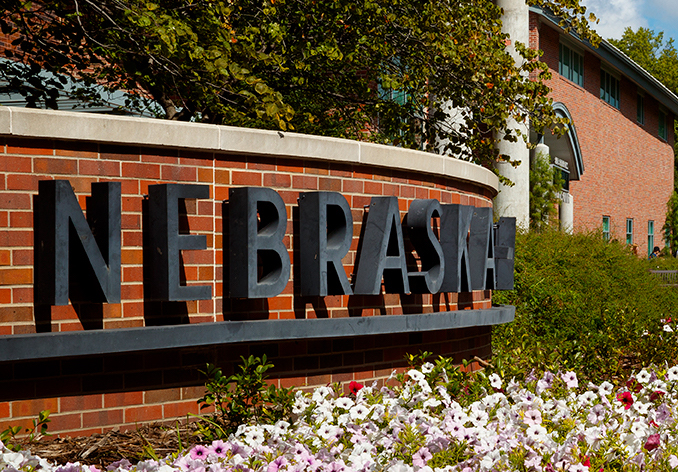For more information on current projects, avenues of research, and collaborative work, please email the B-SMART lab members to learn more!
~ONGOING RESEARCH, PROJECTS & COLLABORATIONS~
 Restorative Justice and the Community Justice Center
Restorative Justice and the Community Justice CenterRestorative justice seeks to balance the needs of the victim, offender, and community by repairing the harmcaused by crime andwrongdoing and improving the prosocial competencies and accountability of the offender in response to an offense. Restorativejustice interventions (RJIs) offer an alternative method to reduce harm and short- and long-termrecidivism. However, empirical validation of mechanisms and moderating factors warrant additional inquiry within jail and prison settings (Richner et al., 2022; Kennedy et al., 2019). Through collaboration with a community based justice center, the B-SMART Lab investigates the various factors related to recividivsm, recovery, restorative justice practices, and post-release therapeutic intervetions. Lab members have the opportunity to work directly with the Community Justice Center, their research data, staff, and participate in restorative justice workshops with offenders and the community. For more information, please visit their website: https://communityjusticecenter.org/
 Pilot Study: Project Somatic Avatar
Pilot Study: Project Somatic AvatarThis pilot project is in collaboration with Assistant Professor of Practice in Emerging Media Arts at the Johnny Carson Center, Professor Anna Henson. It combines emerging media arts technology through human computer interaction and psychological research. Building from research supporting the use of yoga and mindfulness techniques in SUD treatment, as well as creative arts therapies, participants engage in movement sessions and avatar design sessions, culminating in the creation of a “Somatic Avatar.” Our goal is to investigate and utilize a creative means for emotion identification and regulation for individuals struggling with substance use and addiction. This study has been supported by UNL Rural Drug Addiction Research Center. For more information, visit the project avatar website here: https://www.projectavatar-ar.com/
Team & Research Objectives: reduce stigma surrounding substance use recover, increase awareness of prevention efforts, and provide resources for those seeking recovery.

CASA: Ecological Momentary Assessment
Mapping the co-evolution of craving, affect, stressors, and access to alcohol using responsive EMA. In collaboration with UNL faculty, Dr. Bilal Khan, we seek to understand how ecological momentary intervention can impact risk mechanisms associated with relapse for alcohol use disorder. Within this context, those in recovery experience cravings, negative affect, stressors, and access to alcohol (CASA). We are interested in exploring these four facets to understand protective factors that impact recovery. By using EMA technology, we hope to understand the impact of these environmental/contextual facotrs using just-in-time interventions to mitigate the risk of relapse and promote recovery. We hope to bettter understand, through machine-learning approaches, the role of environmental factors and stressors in real time, how to predict and target cravings, and assist in treatment and relapse prevention.
Archival Data
In addition to these current projects, we have longitudinal and cross-sectional data from archival studies. The members of the lab have access to these archival data and are highly encouraged to attend and/or present at conferences, and explore related avenues of research. Several past lab members have engaged in grant writing, and have applied for fellowships, grants, and external funding for research projects. Please see the attached links for more information.
